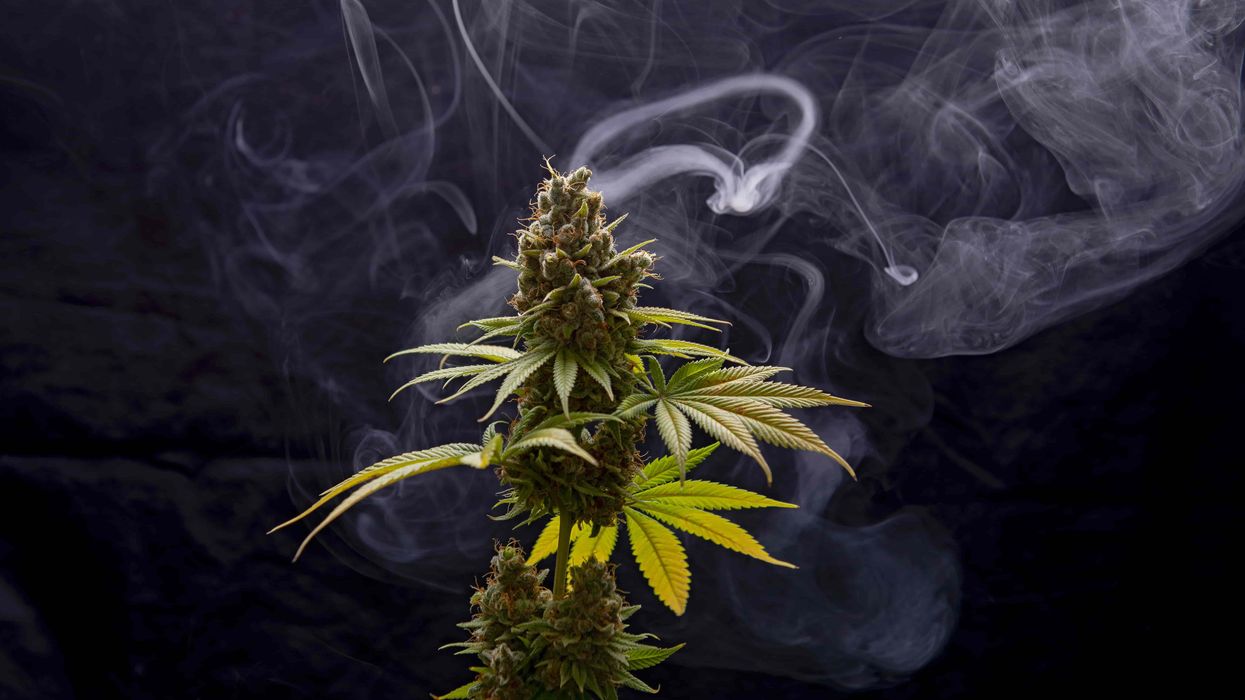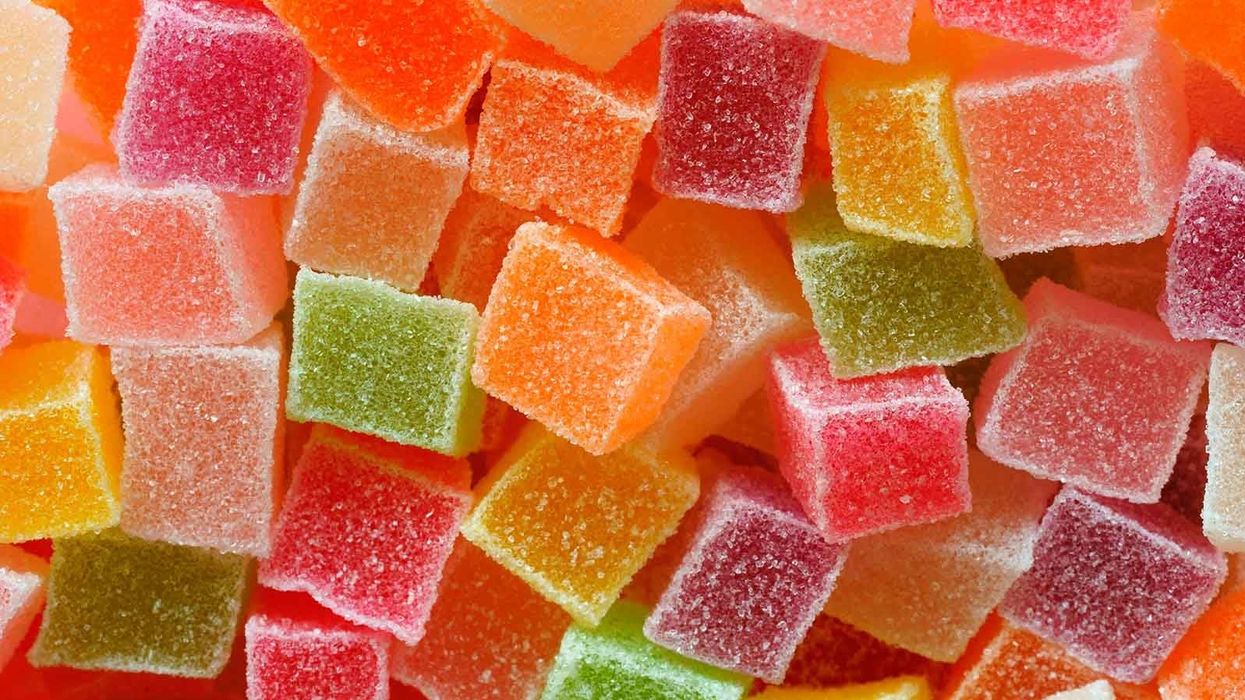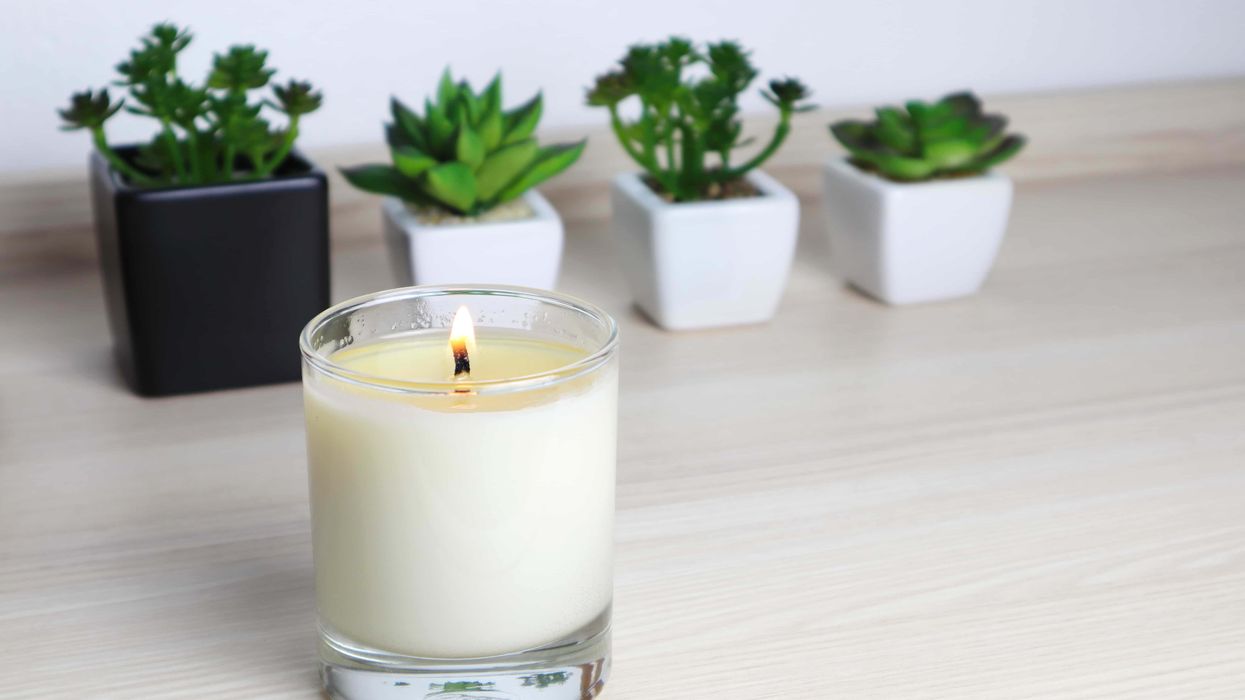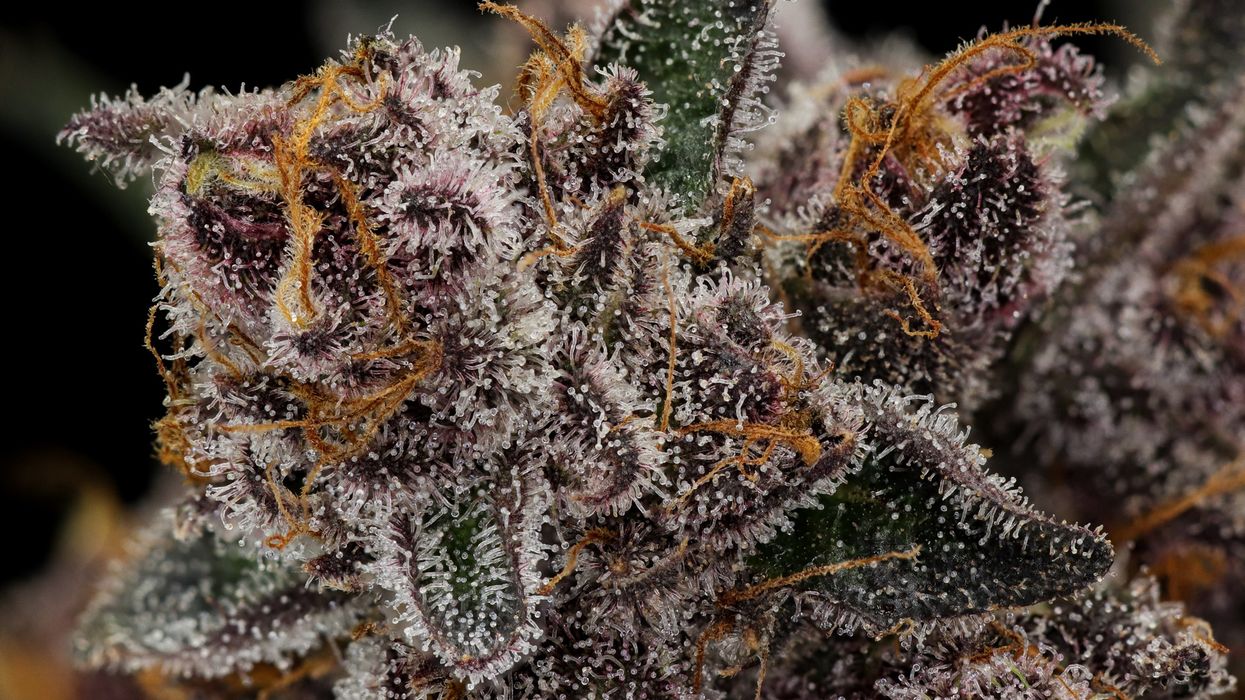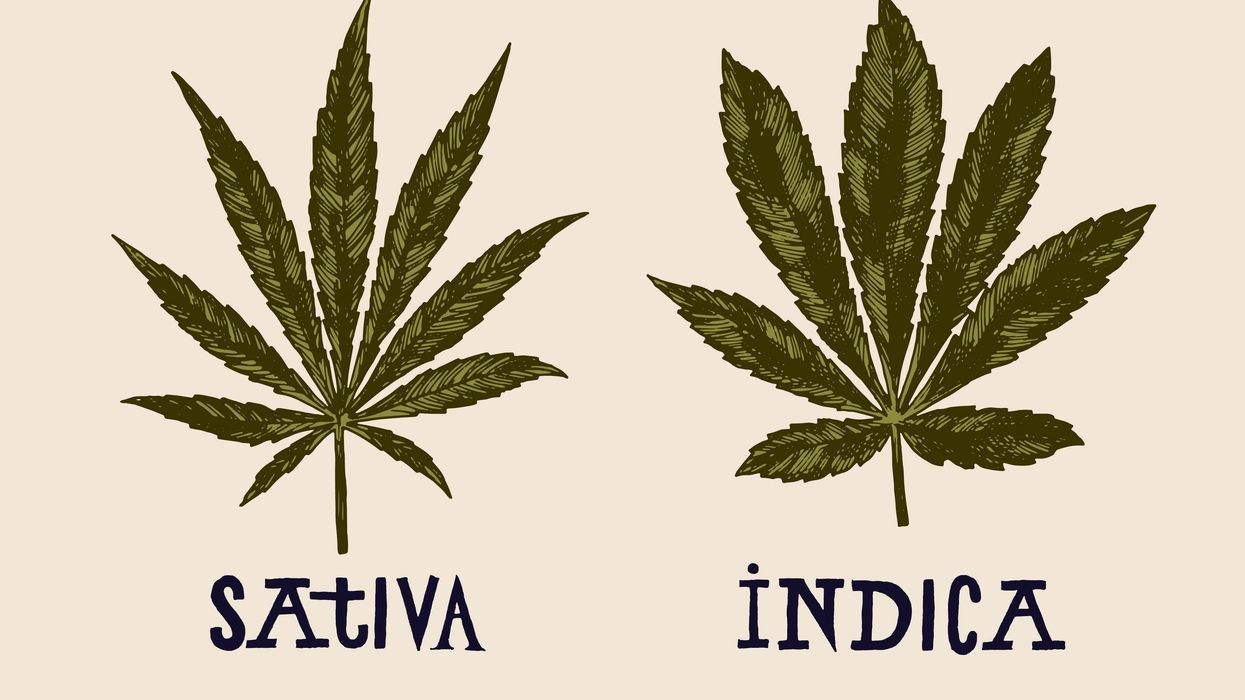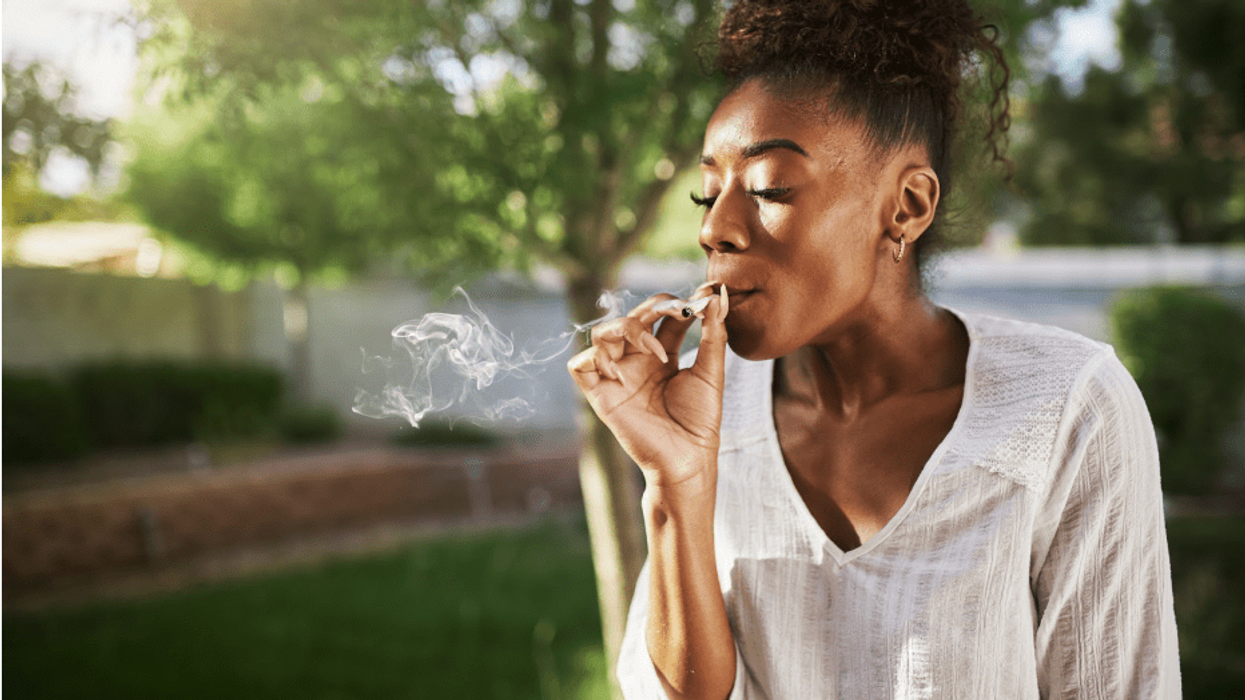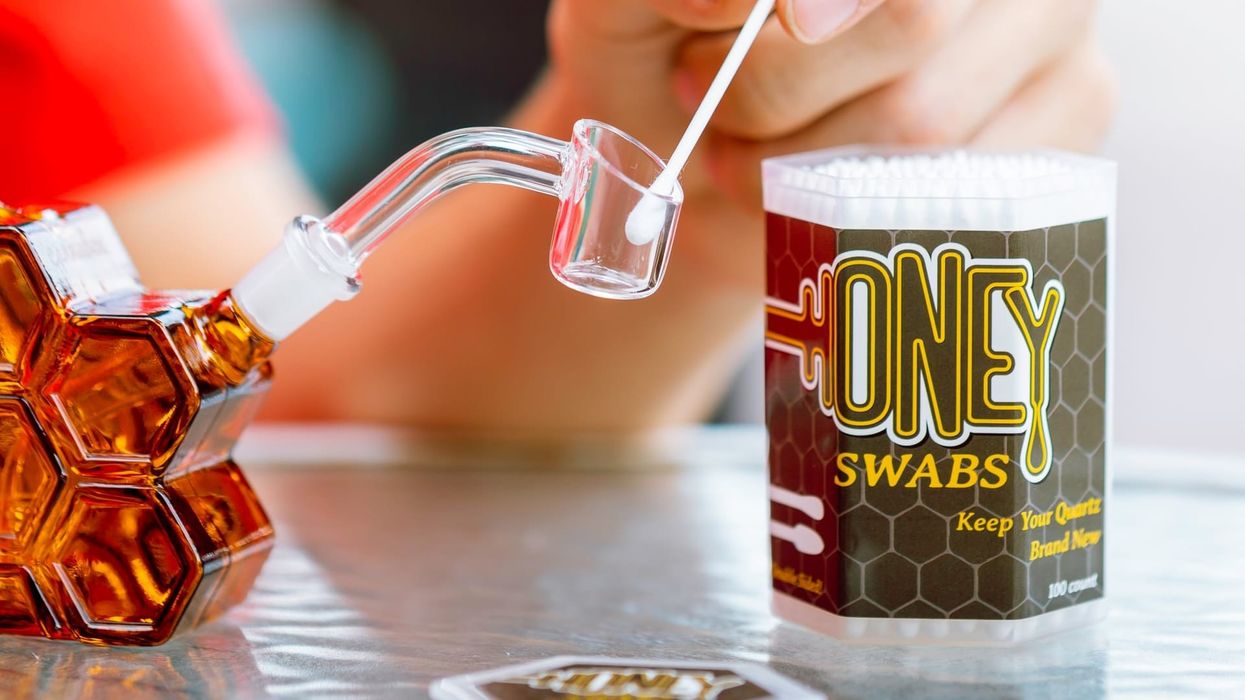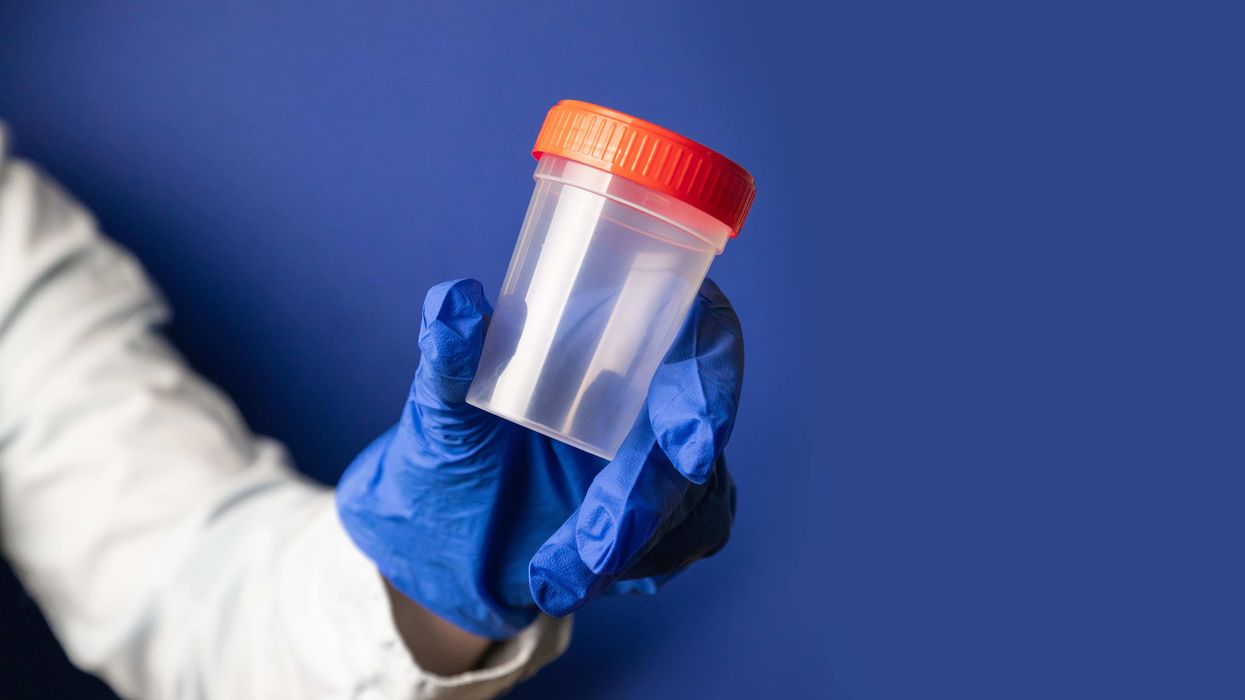The momentum of cannabis legalization means more people consuming cannabis.
This is a good thing.
However, as the world learns how to embrace cannabis, the knowledge gaps around this plant must be addressed.
Even people who have been enjoying cannabis for years are prone to making some of the most common mistakes, which you’ll find below.
No matter your stance or your experience with cannabis, these are important points that everyone would do well to learn.
You may find you’ve been making more than a few of these mistakes yourself.
1. Failing to Learn the History
Do you know how the cannabis stigma started in the first place?
Or how about when and why cannabis prohibition started?
Or how cannabis became a schedule I control substance in the U.S.?
If you understand the racist, greedy, political, power-hungry origins behind cannabis prohibition over the last 80+ years and counting, you will know it for what it is: the biggest, most harmful scandal in modern history.
The tragic history of the so-called war on drugs, including Harry Anslinger, Richard Nixon, the Shafer Commission, Ronald Reagan, etc. is a history everyone should know because we don’t ever want to see it repeated again.
And if you think it’s ancient history not worth learning, you’re wrong.
In 2019, the FBI arrested 545,602 people for cannabis. For context, that same year, 495,871 were arrested for violent crimes.
You can’t call yourself a cannabis lover or hater, unless you know the true history of this plant.
2. Ignoring the Basic Science of Cannabis
Unfortunately, politicians are not really persuaded by scientific data.
And with cannabis, we have more science than most people realize.
True, the research has been restricted in the U.S. for several decades, however that isn’t the case for other countries.
Israel in particular has been a strong focal point in cannabis research ever since Dr. Raphael Mechoulam started his work in the 1960s.
To give you a better idea of how much cannabis research we are sitting on, you can head over to PubMed.gov – which is the repository for all research collected by the U.S. Government – and do a search for the term “cannabis.”
As of June 28, 2021, you’ll find 25,632 results for cannabis.
Conversely, if you do a search for “methylphenidate,” which is a popular ADHD stimulant (better known as Concerta and Ritalin) prescribed to children and adults, you’ll find just 9,520 results.
Type in “Tamiflu,” and you get 4,830 results.
In the case of cannabis, why so many restrictions and barriers? Why so much fear, ignorance, and stigma even among society’s most educated?
Med students are mysteriously not taught the endocannabinoid system in med schools even though it’s one of the most important systems in the body.
Meanwhile, politicians and bureaucrats are effectively practicing medicine without a license every time they take cannabis legislation into their own, untrained hands.
In the midst of all this, you have people still so afraid of cannabis, they don’t even want to give it a try.
As Dr. Sunil Aggarwal once said, if cannabis were discovered today, it would be hailed as one of the greatest discoveries in medicine.
3. Exceeding Therapeutic Dosage Window
Even the most experienced cannabis connoisseur is not impervious to overdoing it on occasion.
It is certainly a common mistake among cannabis newcomers, especially with edibles.
“Greening Out” as they call it, can be extremely uncomfortable. Luckily there are ways to handle the situation if you are having an unpleasant experience (CBD helps).
But how about those cannabis enthusiasts who love to be high all day, every day? People certainly have the right to get baked out of their skulls as long as they’re not putting anybody around them at risk.
No matter the context, the thing to watch with cannabis dosing is simple. This is a biphasic substance, meaning if you take too much you’ll have the opposite effect from what you desire.
For instance, if you take cannabis for nausea, a little bit might help. A larger dose, however, could actually make your nausea worse.
Or maybe you take cannabis to focus on a creative challenge. Depending on the nature of the work, too large of a dose could be a major distraction.
There is nothing wrong with exceeding your therapeutic dosage window, and doing so can actually be quite beneficial. When we do it regularly, however, the side effects of cannabis may become more pronounced while the benefits gradually diminish.
So instead of balance and healing, you might get lethargy, paranoia, and reduced motivation if you’re using too much cannabis too often.
4. Consuming Bad Cannabis
Pesticides, molds, fungus, bacteria, dirt, feces, hair, insect parts – all possible contaminants on a given cannabis sample.
This is one reason why accessible, quality lab testing is important with cannabis products.
A lot of times, it’s obvious when you get a bad cannabis sample. Lingering discomfort in the lungs and throat could be a sign. You may see something funky on your cannabis as well.
My motto? When in doubt, throw it out.
Other times, it’s not so obvious. Like the mother who desperately turned to the illicit market to find cannabis oil for her sick child only to later discover the oil was 50 percent isopropyl alcohol.
Or imagine the PTSD war hero sucking down pesticides with his or her nightly joint. Or somebody’s grandma poisoning themselves with bacteria-infested cannabis when all they wanted was to treat their arthritis.
5. Overlooking the Many Advantages of Hemp
The U.S. finally got hemp back only to screw it up.
How many farmers switched over to hemp only to go bust because the market was solely focused on CBD cultivation?
Yes, the regulations were and are a mess, and what about all the other applications of hemp?
In France, a startup hemp plant is creating fuel for the local buses.
Oh and have you seen the shocking benefits of hemp fabric?
How about hemp protein being one of the most rock star superfoods currently available to humans?
This barely scratches the surface of what we can do with hemp. If we were more focused on the greater applications (and raising awareness about them), the demand for hemp would skyrocket.
6. Fixation on THC levels
Cannabis has more than its fair share of misconceptions, even among people who consider themselves advocates or enthusiasts of the plant.
The fixation on THC levels is a good example.
A lot of people think that the higher the THC level the better the cannabis sample.
This is not necessarily the case.
Cannabis is much more than just THC vs CBD.
In addition to the 100+ other cannabinoids, you also have to consider terpene profiles, which are especially relevant with inhaled cannabis.
It’s the terpenes which help set the tone of a cannabis high as part of the combined “entourage effect” of all the plant’s compounds working together.
Some terpene profiles will make you feel sleepy, others will imbue you with a sense of creative energy. And then some terpenes might not agree with you at all, making you anxious or paranoid.
High-THC cannabis is typically sold at premium prices, and what it really means is that you can consume less to get the desired effect.
It’s a mistake to overlook the other compounds in the plant. Especially terpenes.
7. Thinking of Medical Cannabis as a Silver Bullet
Cannabis is inarguably the greatest known plant medicine resource available to humans. The medical applications of cannabis should never be denied or restricted.
However, anytime somebody uses the word ‘cure’ when talking about cannabis or any other medicine, they’re being reckless.
The reason why cannabis helps with so many different health issues is because of how it interacts with the endocannabinoid system (ECS).
The ECS is responsible for keeping the balance with almost every metabolic process in the body, including:
- Immune response
- Appetite
- Fertility
- Digestion
- Sensitivity to pain
- Inflammation
- Neurotransmission
- Emotion
- Eye pressure
- Sleep cycles
- Bone growth
- Baby breast-feeding reward
Naturally, when something goes wrong with the body it makes sense to target the ECS first. Cannabis is great for this because it binds with the ECS receptors so perfectly.
But it’s not a magical cure.
I know people who have used cannabis to help fight cancer into remission, and others who used it to ease quality of life during their final days after it failed to fight off the cancer.
Although cancer is an extreme example, it’s important not to tout cannabis as a panacea.
Other tools to target the ECS include nutrition (also not taught in medical school), exercise, and stress reduction.
8. Inadequate Pressure on Government Leaders
Cannabis has made a lot of progress the past few years, and we still have a lot of work to do.
How many people across the world are still without safe cannabis access?
Why are governments so slow in adopting new cannabis policies?
Even in places that have already legalized, there is still a lot of responsibility to get this right.
The onus is on the people to spread cannabis stories, talk about cannabis, ask questions about cannabis, bringing it out of the shadows and into the light to create the necessary cultural shifts that will push cannabis progress into full gear.
9. Viewing Cannabis as a ‘Green Rush’
There is nothing wrong with coming into the cannabis industry and making money.
It is not an easy industry, there’s a lot of burnout, and it takes time to build success here.
However, when people look at cannabis only for the money, when they bring in snake-like activity, incompetence, corruption, and greed, it causes a lot of problems in an industry still trying to find its feet in a tangled mess of overregulation, lack of regulation, and significant knowledge gaps across the general public.
Those scandalous headlines about MSOs building terrible companies with toxic work environments make the entire industry and the plant itself look bad (actually we don't see enough headlines, covering these urgent cannabis stories).
Let’s put it this way, if you’re upselling old ladies to more potent products despite what their doctor had recommended or if you're cheating on cannabis lab tests, Project Mongoose is coming for you.
Need a little more Bluntness in your life? Check out our YouTube page!
